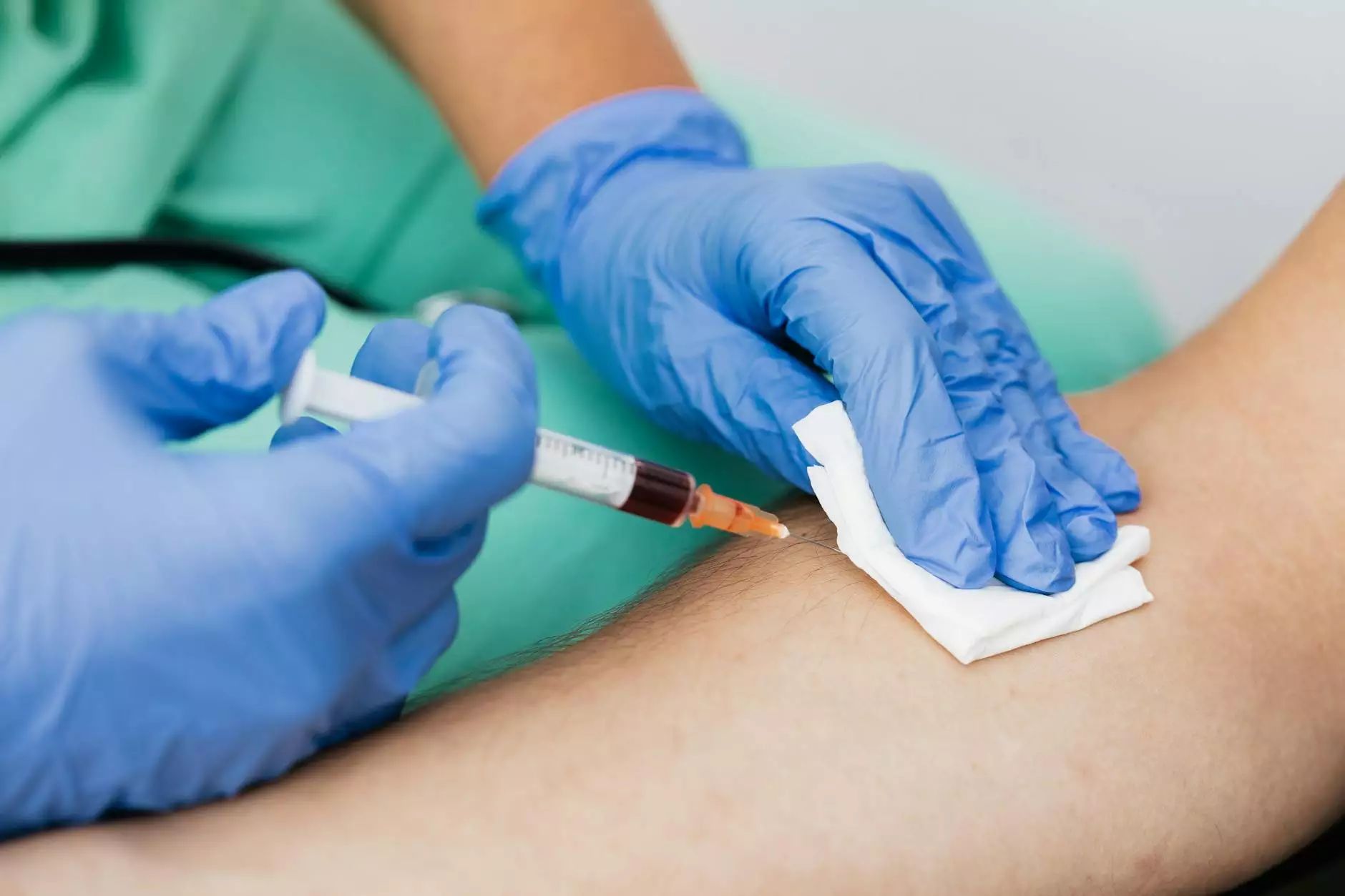Understanding the Role of Oncology Doctors in Modern Medicine

Oncology doctors, also known as oncologists, play a crucial role in the healthcare system, especially in the battle against cancer. Their expertise not only aids in diagnosis and treatment but also provides critical support during the emotional and psychological challenges faced by patients and their families. This article aims to explore the multifaceted roles of oncology doctors, the advancements in oncology, and the significance of their work in the medical community.
The Field of Oncology
Oncology is the branch of medicine that focuses on the diagnosis, treatment, and prevention of cancer. It encompasses various specialties, each tailored to different aspects of cancer care. Initially, the term oncology originated from the Greek word "onkos," meaning mass or tumor. Today's oncology doctors work tirelessly to provide comprehensive care for patients with all types of cancer.
Types of Oncology Doctors
There are several types of oncology doctors, including:
- Medical Oncologists: These specialists primarily treat cancer with medication, such as chemotherapy, immunotherapy, and targeted therapies.
- Surgical Oncologists: These doctors perform surgeries to remove tumors and surrounding tissue, essential for many cancer treatments.
- Radiation Oncologists: Focused on treating cancer with radiation therapy, these specialists often collaborate closely with medical and surgical oncologists.
- Pediatric Oncologists: Dedicated to younger patients, these doctors are specially trained to understand childhood cancers and their unique treatment needs.
The Importance of Early Detection
One of the primary goals of oncology doctors is the early detection of cancer. Early screening and diagnosis can significantly improve patient outcomes. Here are some key points regarding this topic:
- Screening Programs: Many oncology doctors promote regular screening programs to detect cancers, such as breast, colorectal, and cervical cancer.
- Risk Assessment: Oncologists play a vital role in assessing individual risk factors that can lead to early cancer diagnosis.
- Education: Providing education to patients about the signs and symptoms of cancer can encourage earlier consultation with healthcare providers.
Advanced Treatment Techniques
The landscape of cancer treatment has evolved dramatically over the past few decades. Innovations in technology and research have led to improved outcomes for patients. Here are some advanced treatment techniques utilized by oncology doctors:
- Targeted Therapy: This approach involves using drugs that target specific pathways or mutations in cancer cells, minimizing damage to healthy cells.
- Immunotherapy: This revolutionary treatment harnesses the body’s immune system to fight cancer, offering hope for many types of malignancies.
- Genetic Testing: Oncology doctors increasingly use genetic profiling to customize treatment plans based on an individual's unique tumor characteristics.
- Minimally Invasive Surgery: Advancements in surgical techniques mean less trauma for patients, leading to quicker recoveries and reduced hospital stays.
The Comprehensive Care Model
Oncology doctors recognize that treating cancer involves more than just the physical disease. Integrating comprehensive care models has become vital to addressing the emotional, psychological, and social needs of patients. The following components illustrate this approach:
- Multidisciplinary Teams: Oncologists often work with a team of healthcare professionals, including nurses, social workers, and nutritionists, to provide holistic care.
- Patient Support Services: Many oncology practices offer counseling, support groups, and other resources to help patients navigate their cancer journey.
- Clinical Trials: Participation in clinical trials enables patients to access cutting-edge therapies while contributing to research that might benefit future generations.
- Survivorship Care: Oncology doctors also focus on post-treatment care, helping patients manage long-term side effects and monitor for recurrence.
The Role of Technology in Oncology
Technological advancements significantly enhance the capabilities of oncology doctors. Innovations in diagnostic imaging, treatment methodologies, and data management lead to improved patient care and outcomes. The following technologies have proven transformative:
- Artificial Intelligence (AI): AI algorithms assist in diagnosing cancers more accurately and swiftly, providing oncologists with critical decision-support tools.
- Telemedicine: Virtual consultations have made it easier for patients to connect with oncology specialists, improving accessibility and convenience.
- Radiomics: This emerging field analyzes medical images using machine learning, enabling better prediction of treatment responses and outcomes.
Challenges Faced by Oncology Doctors
The path of an oncology doctor is fraught with challenges. They often work under high-pressure conditions while managing complex medical cases. Key challenges include:
- Keeping Up with Rapid Advancements: The rapid pace of research and technological advancements can make it difficult for oncologists to stay current.
- Emotional Toll: The nature of oncology can lead to emotional and psychological stress for professionals, as they manage difficult patient diagnoses and outcomes.
- Access to Care: Disparities in healthcare access pose challenges in delivering care to all patients, regardless of their socio-economic status.
The Future of Oncology
The future of oncology promises even greater advancements and opportunities. Some potential developments include:
- Personalized Medicine: Continued research into genomics is likely to enhance personalized treatment plans tailored to individual patients' genetic profiles.
- Integration of Big Data: Utilizing big data analytics will further refine treatment protocols and outcomes, enabling oncologists to make data-driven decisions.
- Global Collaboration: Increased collaboration among international research institutions can accelerate breakthroughs and ensure wider access to innovative treatments.
Conclusion
In conclusion, oncology doctors are essential players in the fight against cancer. Their dedication to early detection, innovative treatments, comprehensive patient care, and the continued evolution of oncology ensures that patients receive the best possible outcomes. As technology and research progress, the role of oncology doctors will only grow more impactful, ultimately improving the lives of countless individuals battling cancer.
For those seeking support and guidance in their cancer journey, consulting with a qualified oncology doctor is a critical step forward. Whether through personalized treatment options, access to clinical trials, or supportive care, oncology doctors stand at the forefront of medical advancements, tirelessly working to illuminate the path towards healing and recovery.









